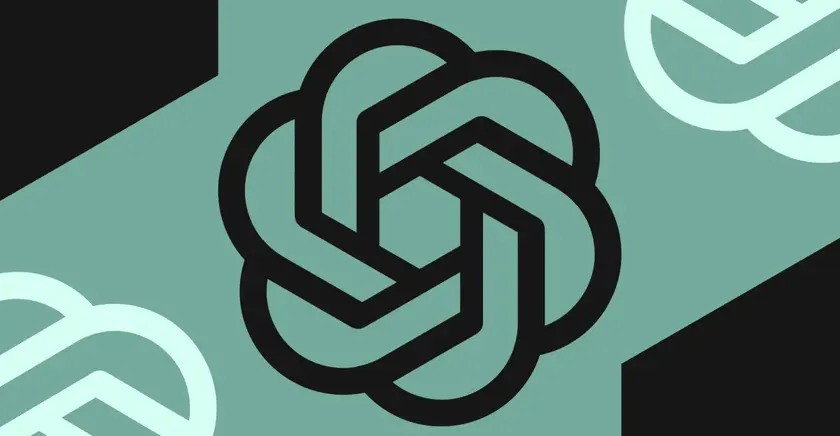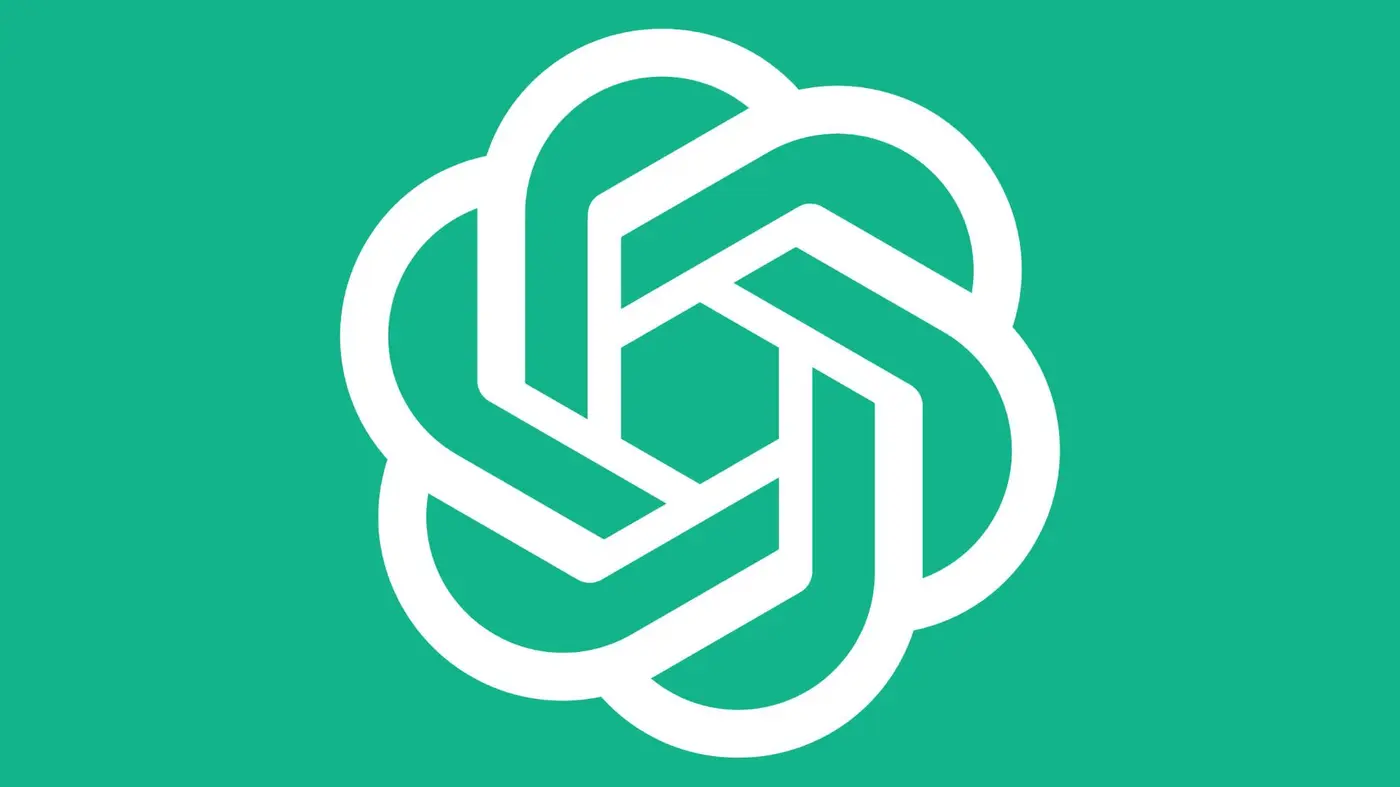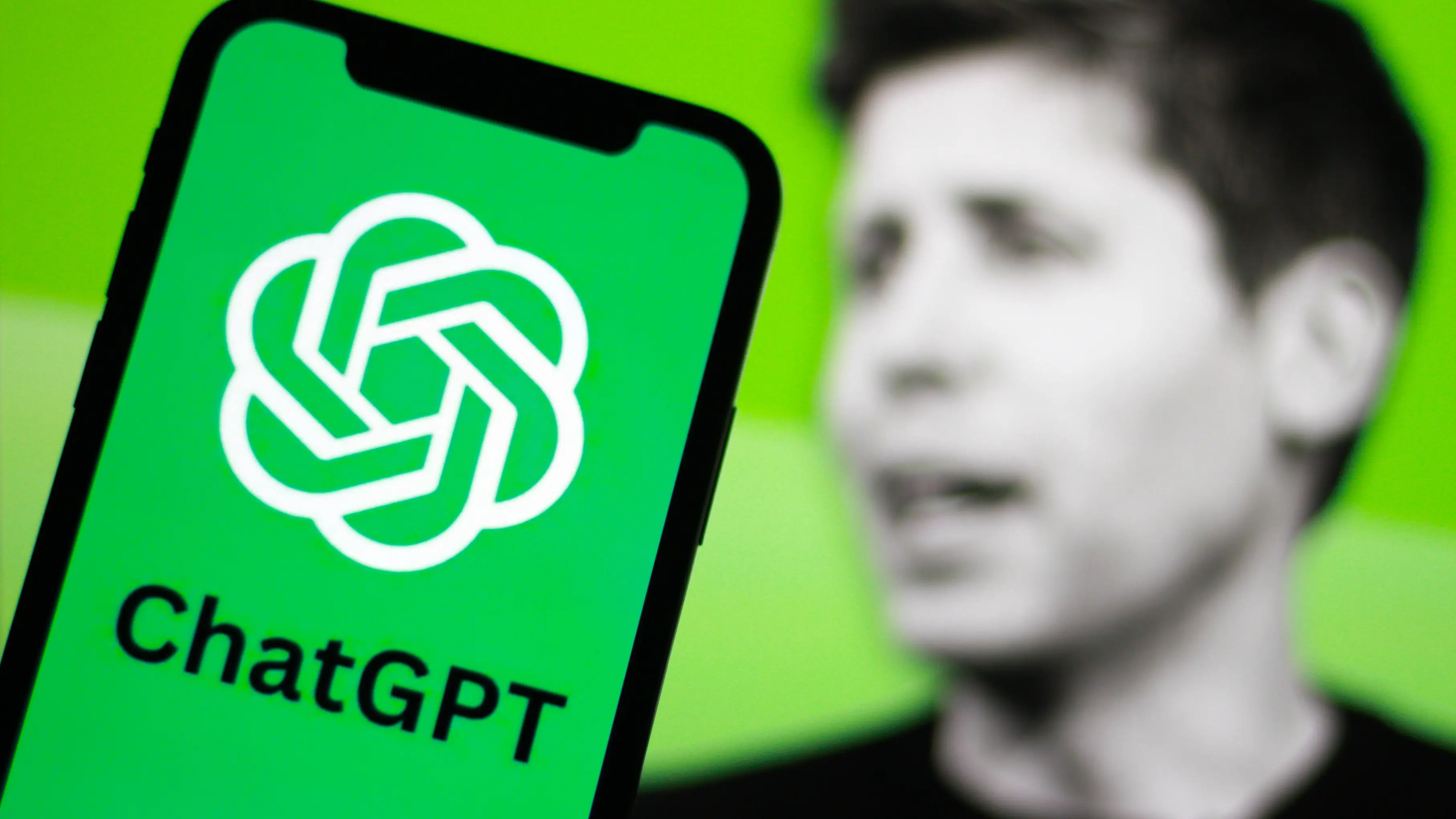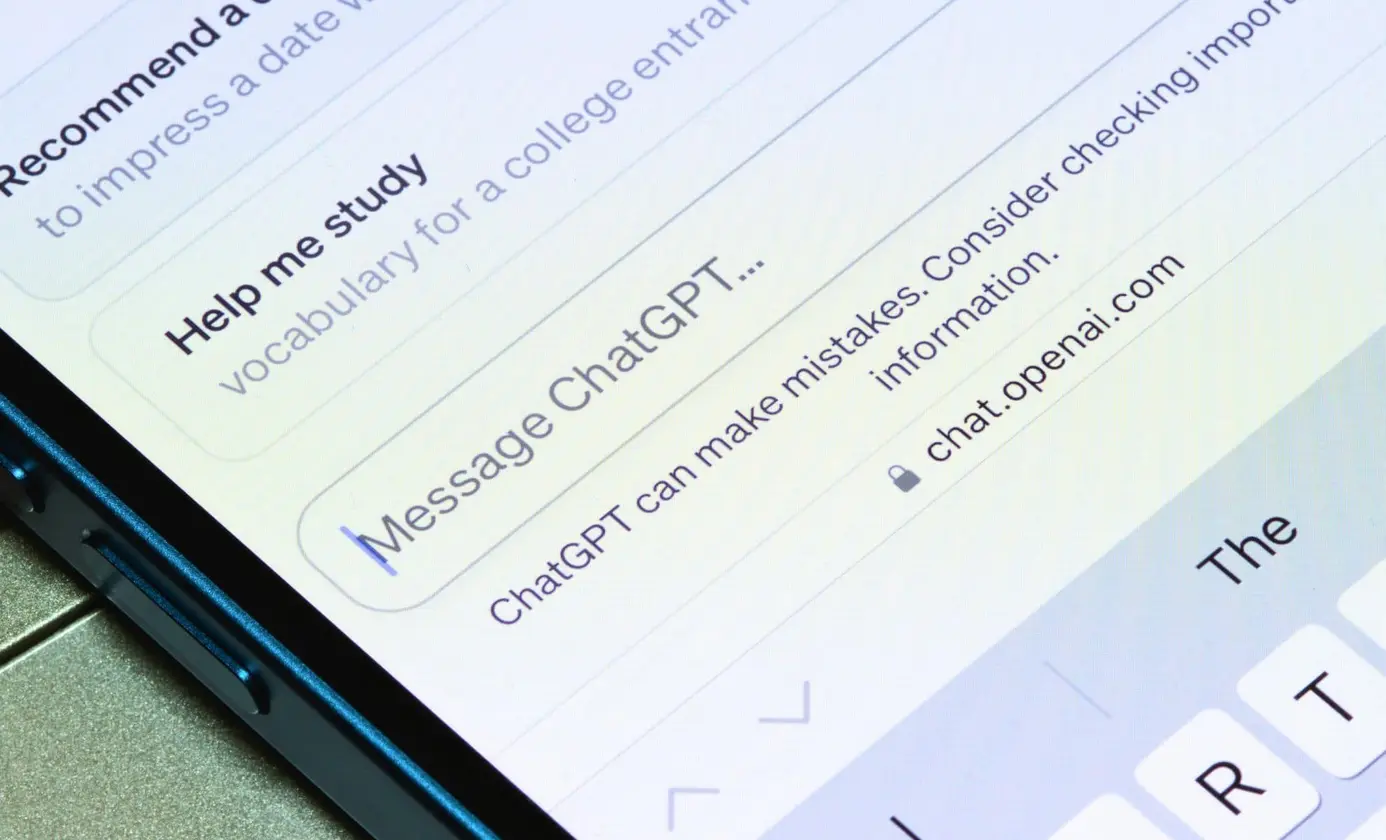T4K3.news
OpenAI enhances ChatGPT for better mental health support
OpenAI is rolling out updates to improve ChatGPT's ability to detect emotional distress and promote healthier usage.

OpenAI introduces updates to ChatGPT aimed at better supporting users in mental distress.
OpenAI updates ChatGPT to enhance detection of mental distress
OpenAI is making significant updates to its ChatGPT model, which aims to improve the AI's ability to detect mental or emotional distress. This initiative comes as the company prepares to launch the GPT-5 model and respond to previous criticisms about its performance. The updates will involve collaboration with experts to ensure that ChatGPT can present users with appropriate, evidence-based resources when needed. Notably, OpenAI recognizes prior shortcomings in identifying signs of emotional dependency or delusions. In addition to these improvements, users can expect reminders to take breaks during prolonged chat sessions, an effort to encourage healthier interactions. This feature will prompt users after a set duration with messages suggesting a pause in conversation. OpenAI also plans to adjust how it responds in sensitive circumstances by avoiding definitive answers to complex questions, which may help guide users instead of providing simple solutions.
Key Takeaways
"We also know that AI can feel more responsive and personal than prior technologies, especially for vulnerable individuals experiencing mental or emotional distress."
This quote highlights OpenAI's understanding of the unique relationship AI can have with users in distress.
"We are working with experts and advisory groups to improve ChatGPT's response in these situations."
This emphasizes OpenAI's commitment to expert collaboration for better user support.
"You’ve been chatting a while — is this a good time for a break?"
This message will appear as part of the new reminder feature aimed at promoting mental wellness.
"ChatGPT will help walk you through potential choices instead of giving you an answer."
This reflects the shift towards more consultative responses in sensitive scenarios.
The updates to ChatGPT reflect a growing awareness of AI's role in mental health support. By enhancing the chatbot's ability to recognize distress signals, OpenAI aims to make its technology safer and more reliable for vulnerable users. This initiative highlights a significant shift in how digital interactions are handled, addressing concerns about the impact of AI on mental health. OpenAI's focus on responsible technology use coincides with broader trends in the tech industry, as similar platforms implement safety features to protect users. However, it remains to be seen whether these adjustments will meet the expectations of experts and users alike, who are increasingly cautious about relying on AI for emotional support.
Highlights
- Navigating mental distress with AI support should feel safer and more informed.
- Break reminders may enhance users' experiences with ChatGPT.
- AI must tread carefully in mental health to avoid exacerbating issues.
- OpenAI aims for ChatGPT to be a helpful presence, not just a technology.
Concerns over mental health impacts of AI
There are risks related to the effectiveness of AI in handling sensitive mental health issues, as previous versions have shown limitations. OpenAI's efforts may not fully address these concerns, leading to potential user backlash if expectations are unmet.
The effectiveness of these updates will depend on ongoing feedback and user experiences as they unfold.
Enjoyed this? Let your friends know!
Related News

OpenAI Introduces Mental Health Features in ChatGPT

OpenAI launches GPT-5 with innovative features

OpenAI updates ChatGPT's approach to sensitive queries

ChatGPT inspires spiritual awakening for Idaho mechanic

AI safety alert on delusion risks in chatbots

OpenAI launches upgraded ChatGPT model

OpenAI Announces Changes to ChatGPT's Interaction Style

New study reveals ChatGPT's risks for teenagers
